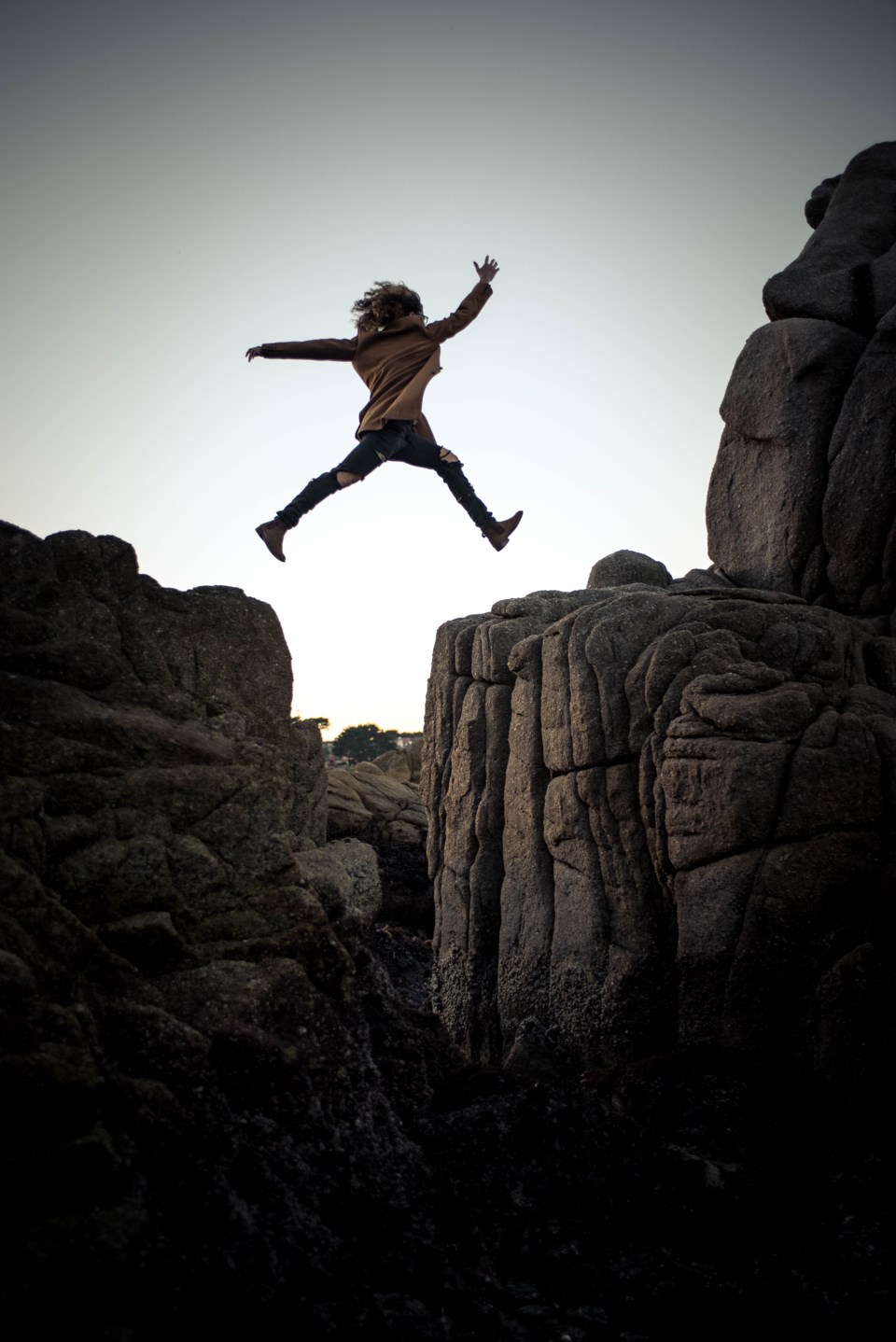 Neither a leader nor a follower be, yet be fearless and act with unambivalent compassion. This is the training goal of Buddhist meditation and a good deal of the Dharma as well. Being neither leader nor follower, we move along a middle path that is always as wide as possible, bound only by harm and the alleviation of suffering. It is sometimes called liberation because one suffers less of the pain inherent in heedlessness. The relief from this suffering is always a surprise and a delight but not necessarily conducive to wellness.聽
Neither a leader nor a follower be, yet be fearless and act with unambivalent compassion. This is the training goal of Buddhist meditation and a good deal of the Dharma as well. Being neither leader nor follower, we move along a middle path that is always as wide as possible, bound only by harm and the alleviation of suffering. It is sometimes called liberation because one suffers less of the pain inherent in heedlessness. The relief from this suffering is always a surprise and a delight but not necessarily conducive to wellness.聽
This liberation is completely scalable, from the mundane to the magnificent, also from the unwholesome to the wholesome. In other words it perfumes the whole of life and for that reason it is important that it be brought into being through meditation first. Find your first fearless moments in meditation if you happen to be one of us self rendered feckless people; and for those who are already fearless just do it. Let our effortless unambivalence arise from fearless meditation rather than be imposed by anxiety and inertia.
Many people want their life to mean something beyond the average. Such ambition is one of the drivers of civilization and the cultural views of ambition influence how people behave. Fearlessness is an important key to actualizing ambition, be that a poem or a power centre. It makes it possible to take the kind of risks that always appear with ambition. Ambition demands fearlessnes and we become fearless by divesting ourselves of as much ambivalence as possible. There are multiple ways to do this.
Some of us are able to be fearless from the get-go as a result of a very privileged upbringing. These are the lucky ones and, not incidentally, comprise the economic and influential elites. Some of the greatest accomplishments of civilized life are initiated from the elites. Buddhism itself was born when a massively pampered scion of a wealthy and influential family experienced a profound insight and began a fearless spiritual quest. His name was Siddhartha. He left his life behind and set off into the forest to join the ranks of the homeless aesthetics, a recognized, though extreme, style of religiosity at the time. Fearless.
Fearlessness is, unfortunately, also an asset in accomplishing horror and in seeding fearfulness. We see many examples today, and in the past, of how those who spread fear often accumulate power in direct proportion to their own ruthless gumption.聽
Unambivalence is one of the most attractive qualities in other people and other ideas or ideologies. It is central to every human thing from courtship to career. Humans give great credibility to those with no doubts and no fears. Negating the two-ness of things (which is how I understand the word 'unambivalence') is also known as certainty about what is true. Confidence comes from not harbouring doubts. Some of us find our unambivalence in surrender or devotion, others in self aggrandizing personae of some kind.
One of the important possibilities available through meditation is the discovery of your own fearlessness and innocence. Not harbouring harmful intent (meaning of innocence) is directly linked to this quality of fearlessness. Most of us harbour quite a lot of ill will toward some things but we fail to see the link between this bias and the hatreds, fears or doubts that constrain us.聽
What are the distinctions being proposed here? Is there a difference between fearlessness and courage? Or fearlessness and unambivalence? One distinction; and it is a useful one, is to note there would be no need for courage at all if there really were such a thing as zero fear. Zero fear is, of course, a non-existent thing, so unattainable; thus we all need, or at least could use, some courage. Our courage is an artifact of the聽sahaworld, but fearlessness is a quality of mind which might or might not provoke courage.
Unambivalence is a condition subject to change. Fearlessness, on the other hand, is very robust. Every condition is subject to change, but perfect unambivalence, the condition of zero doubts or fears, is especially fragile. Sometimes even a weakling like Truth is able to assail unambivalence.
 Wayne Codling聽is a former Zen monastic and a lineage holder in the Soto Zen tradition. He teaches Zen style meditation in various venues around Victoria.聽Wayne鈥檚 talks and some writings can be found on his blog聽
Wayne Codling聽is a former Zen monastic and a lineage holder in the Soto Zen tradition. He teaches Zen style meditation in various venues around Victoria.聽Wayne鈥檚 talks and some writings can be found on his blog聽
You can read more articles on our interfaith blog, Spiritually Speaking, HERE
Photo by聽听辞苍听


